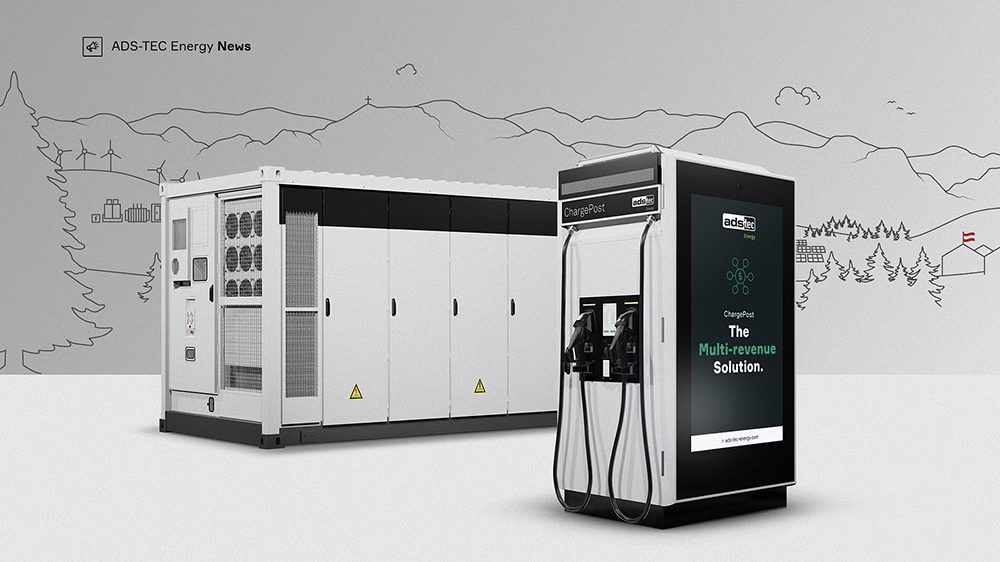Charged regularly speaks with execs at companies involved in pilots of electric trucks. These folks invariably tell us about the (sometimes unexpected) rave reviews that EVs get from drivers, who love the quiet and the lack of vibration. Of course, they also love not having to breathe diesel exhaust.
A new article from the Natural Resources Defense Council adds some data to the anecdotes, quantifying the serious health risks truckers face, and explaining how electrification could help improve the health of the 3.5 million truck drivers in the US.
Among the harmful pollutants found in diesel exhaust are nitrogen oxide (NOx) and particulate matter. PM2.5, commonly known as soot, forms a complex aerosol system, and its ultrafine size allows it to easily enter the lungs. Regular exposure to PM2.5 has been linked to various respiratory diseases and cardiovascular illness, making it a significant concern for truck drivers.
Heavy-duty trucks represent only six percent of vehicles on US roads, but in 2020 they generated 59 percent of NOx emissions, 55 percent of particle pollution, and 26 percent of transportation-based greenhouse gas emissions, according to research by the American Lung Association.
In-cabin pollution causes daily exposure to air pollutants for drivers. Truck cabins can accumulate unhealthy levels of PM2.5 and NOx, and drivers who spend long hours in their trucks can develop respiratory and cardiovascular problems. According to the American Cancer Society, workers with prolonged exposures to diesel emissions have been found to have higher lung cancer death rates than unexposed workers.
Medical research indicates that truck drivers regularly exposed to diesel exhaust face an elevated risk of lung cancer. The International Agency for Research on Cancer classifies diesel exhaust as a Group 1 human carcinogen.
A 2018 study on occupational health disparities among long-haul truck drivers in the US revealed significant differences in health risks compared to other sample groups. The long-haul truck driver group had higher mean scores for both cardiovascular disease and metabolic disease risk.
Furthermore, truck drivers are less likely to have health insurance coverage compared to other workers (15 percent are uninsured, versus 10 percent of all US workers).
Of course, it isn’t just truck drivers who are at risk. Studies have shown that communities with high exposure to diesel particulate matter have higher rates of asthma.
Along with the smoke comes noise, which can cause drivers to suffer from hearing loss, dizziness, headaches, high blood pressure and anxiety. A study conducted in 2015 found that traffic noise was associated with cardiovascular problems.
The American Lung Association predicts that the transition to zero-emission trucks could prevent 66,800 premature deaths, 8.5 million lost workdays, and 1.75 million asthma attacks over the next 30 years.
The NRDC concludes that “zero-emission trucks hold immense potential for reducing harmful emissions and improving the health and well-being of millions of people.”
What are we waiting for, folks?
Source: Natural Resources Defense Council










































































































